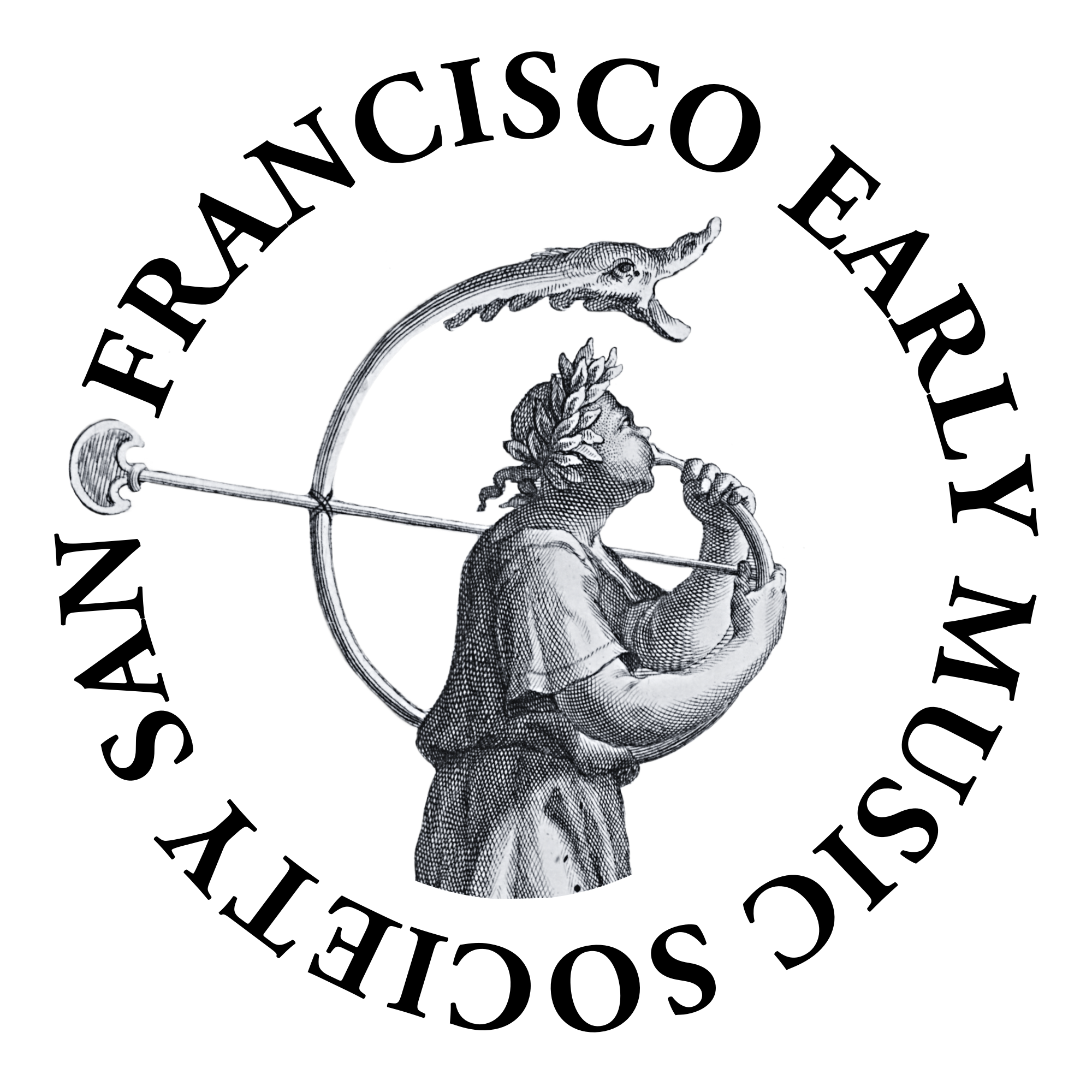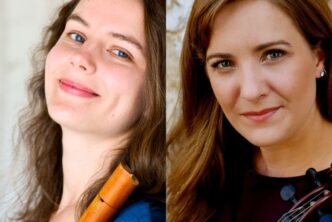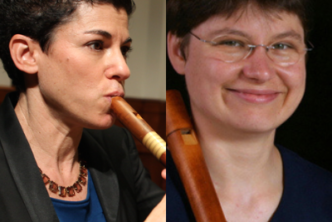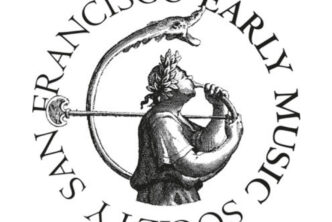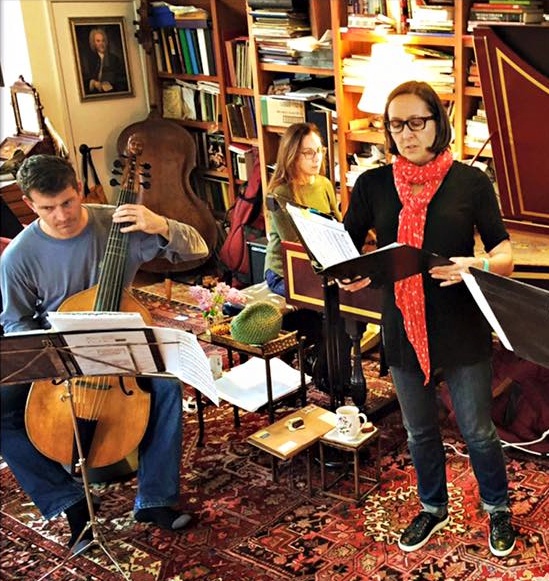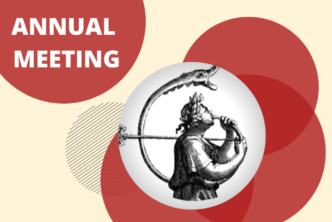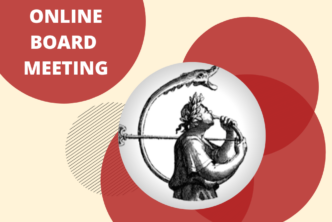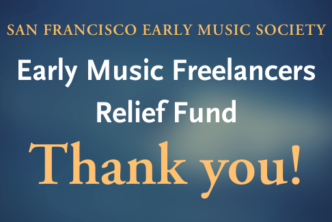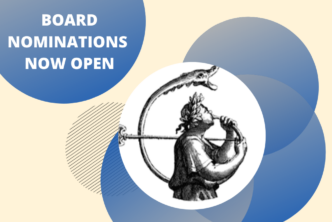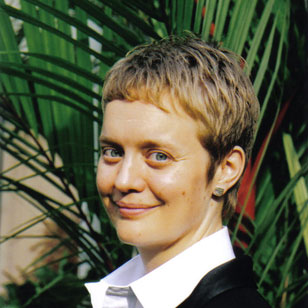Galax and Clark to Appear in Much Anticipated World Premiere
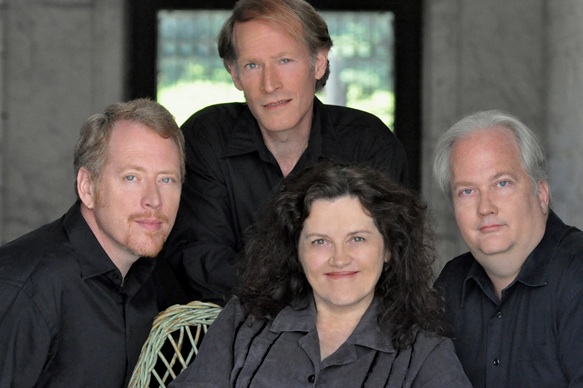
The Galax Quartet and Karen Clark team up again to premiere David Jaffe’s “Eight O’s in Woolloomooloo” on December 4 at 7:30 p.m. at Trinity Chapel, 2320 Dana Street, Berkeley. The program also includes works by J.S. Bach and John Dowland.
Tickets are $25 general/$20 SFEMS members, available online or at the door.
Many thanks to the generous donors who contributed to the successful Kickstarter campaign for this event!
—
Those of us who attended last season’s performance by Berkeley’s Galax Quartet with contralto Karen Clark were treated to a fascinating mix of old and new music, with the ‘old’ sometimes sounding more radical than the ‘new.’ “Chromatic Clusters” explored chromaticism in music, juxtaposing Lassus’ Sibylline Prophecies, composed at the end of the Renaissance, with contemporary works for ancient instruments.
The centerpiece of that program, however, had to be deferred. Galax and SFEMS had commissioned Berkeley composer David Jaffe (b. 1955) to write a new work for the Quartet and Ms. Clark. Jaffe’s piece, titled “Eight O’s in Woolloomooloo,” sets lighthearted verse of Mark Twain. The project was supported by a grant from the Aaron Copland Fund for Music (New York). Unfortunately, the composition was not finished in time for last winter’s concert, but it is now done and will receive its world premiere at a special performance SFEMS will present on Thursday, December 4, starting at 7:30 p.m. The concert will take place at Berkeley’s Trinity Chapel, 2320 Dana, just up the street from First Congregational Church, where our regular series concert will be held later that month.
Also on the program will be a selection of nine contrapuncti from J.S. Bach’s final work, Die Kunst der Fuge (Art of the Fugue), BWV 1080. The selections performed will include the famous ‘quadruple’ fugue left unfinished at the composer’s death. It will be followed by the ‘death-bed chorale,’ Vor deinem Thron tret ich hinein (Here I Stand Before Your Throne). Supposedly dictated by the dying composer, the chorale was added by the editor (C.P.E. Bach) of the posthumous publication of Die Kunst der Fuge as compensation for the incompleteness of Contrapunctus 14.
A trio of consort songs by John Dowland completes the program.
* * * * *
Roy Whelden, Galax’s founder, gambist, and a respected composer in his own right, sent the following notes on the upcoming concert:
This concert represents a new direction for SFEMS: facilitating a collaboration between an ensemble of early instruments and a living composer. About a year and a half ago, SFEMS and the Galax Quartet discussed the wisdom of engaging composers to write for historical instruments and began searching for funds to commission a new piece from the Berkeley composer David Jaffe. We’re happy to say that this concert is presented with financial assistance from the Aaron Copland Fund for Music (New York) and a group of generous donors in a Kickstarter campaign.
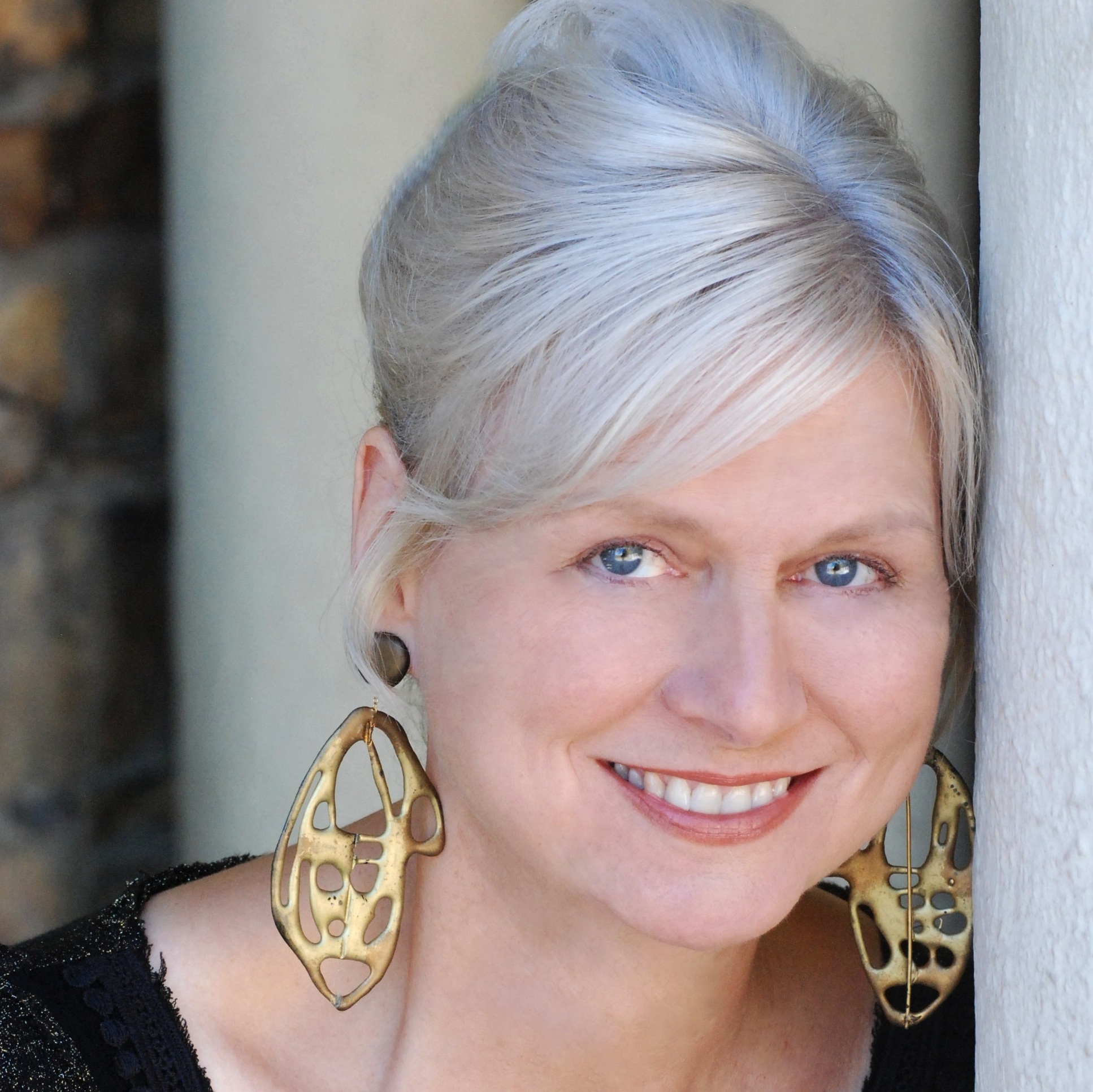
Karen Clark had worked with David Jaffe in Princeton University where he was a composer in residence during the early 1990s. When they both found themselves living in Berkeley, it seemed natural to continue collaborating. So Ms. Clark, a frequent collaborator with the Galax Quartet, arranged a meeting at Peet’s Coffee (Vine Street) and suggested David write a piece based on Mark Twain’s humorous, nonsense verse “A Sweltering Day in Australia.”
In 1897, Mark Twain wrote: “I have made a collection of curious names of Australasian towns, with the idea of making a poem out of them… The best word in that list, and the most musical and gurgly is Woolloomooloo… It has eight O’s in it.”
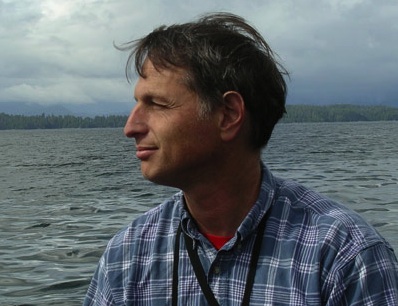
In 2014, David Jaffe writes: “Inspired by Twain’s satirical genius, ‘Eight O’s in Woolloomooloo’ traverses a vast space, full of extreme contrasts and absurd exaggerations. The music is down-home American…what else could it be?…but peppered by impressions of the Australian outback. I have written specifically with Baroque instruments in mind, with their distinctive timbre and coloration….The vocal part was inspired by Karen Clark’s beautifully expansive pure tone and stylistic flexibility, ranging from opera to bluegrass.”
With all this stylistic diversity, not only within “Eight O’s” itself but within the program as a whole, how is one able to establish unity? With three different composers, from three different eras, in three different countries—the German Bach, the Englishman Dowland, the American Jaffe—what holds this concert together?
The answer is a smooth parabolic arc of changing mood. We begin in bright conversation in very select company (Bach fugues), move to the darkness of death (the chorale Vor deinem Thron), shore ourselves up there with desolately beautiful consort songs by the most dolorous of composer poets (Dowland) and then move back into the world of light, optimism and humor (Mark Twain and David Jaffe).
Consider: we begin with a simple fugue on a 12-note theme—a theme which we know will later be developed in stretto, in augmentation and double augmentation, in diminution and double diminution, in keys remote to the home tonic of d minor, in double counterpoint at the tenth and at the twelfth, per motu contrario, per arsin et thesin and on and on through contrapuntal devices never cataloged because language is not adequate to the task—and yet this first fugue abstains completely from flashy, learned display. Not for lack of trying, however. At three different points, the voices try but quickly abandon stretto (dovetailing). One of these attempted strettos is even in a key ‘remote’ to d minor. We can easily imagine the four fugal voices in conversation, with animated interruptions and admonishments to ‘be patient, your chance will come’. The effect is one of goodhearted jostling.
But already in the second fugue the mood becomes more serious. We begin exploring remote tonal regions with chromatic countersubjects. The counterpoint is always exquisite, never labored, but there seems to be an increasing gravity the closer we get to the symbolically fraught breaking off of the huge four-part fugue. C.P.E. Bach, the editor of the 1751 edition of Kunst der Fuge, was right to inform the performer that “while working on this fugue…the composer died,” and then to append the chorale Vor deinem Thron.
We have moved to the melancholy realm where Dowland is master. Not all his songs are sad, of course. Everyone knows the jubilant “Come again, sweet love” and “Fine knacks for ladies.” But we’ve chosen to sustain the dolorous mood with the Elizabethan poetical virtuosity of these three consort songs: “In darkness let me dwell,” originally an avant-garde lute song, presented here for the first time as a five-part consort song; “Sorrow, come,” another lute song arranged as a five-part consort song by William Wigthorpe at some point during the 17th century; and “Flow my teares,” the best known of Dowland’s songs, both during his lifetime and today. The performed version is based on Dowland’s Lachrimae antiquae for five string instruments. We have combined the consort and the lute song versions.
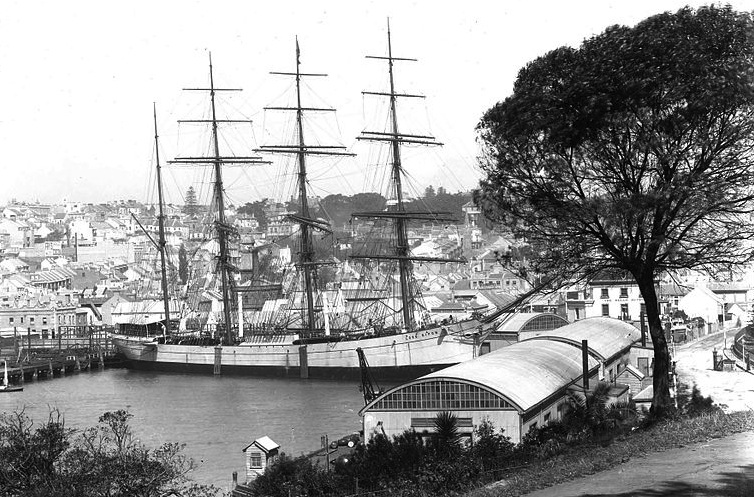
David Jaffe’s “Eight O’s in Woolloomooloo,” described by the composer as a cantata for contralto and string quartet, perfectly reflects Mark Twain’s comic genius. The instrumental introduction—the strings playing somewhat independently, each with the instruction quasi-cadenza con poco rubato—gradually brings us back into a happier place. Or at least a sweltering place south of the equator, where Twain and Jaffe sustain a light-hearted outlook while playing with sixty-one intriguing place names on the Australian continent.
Tickets are $25 general/$20 SFEMS members and are available online now or at the door 45 minutes prior to the concert, subject to availability.

